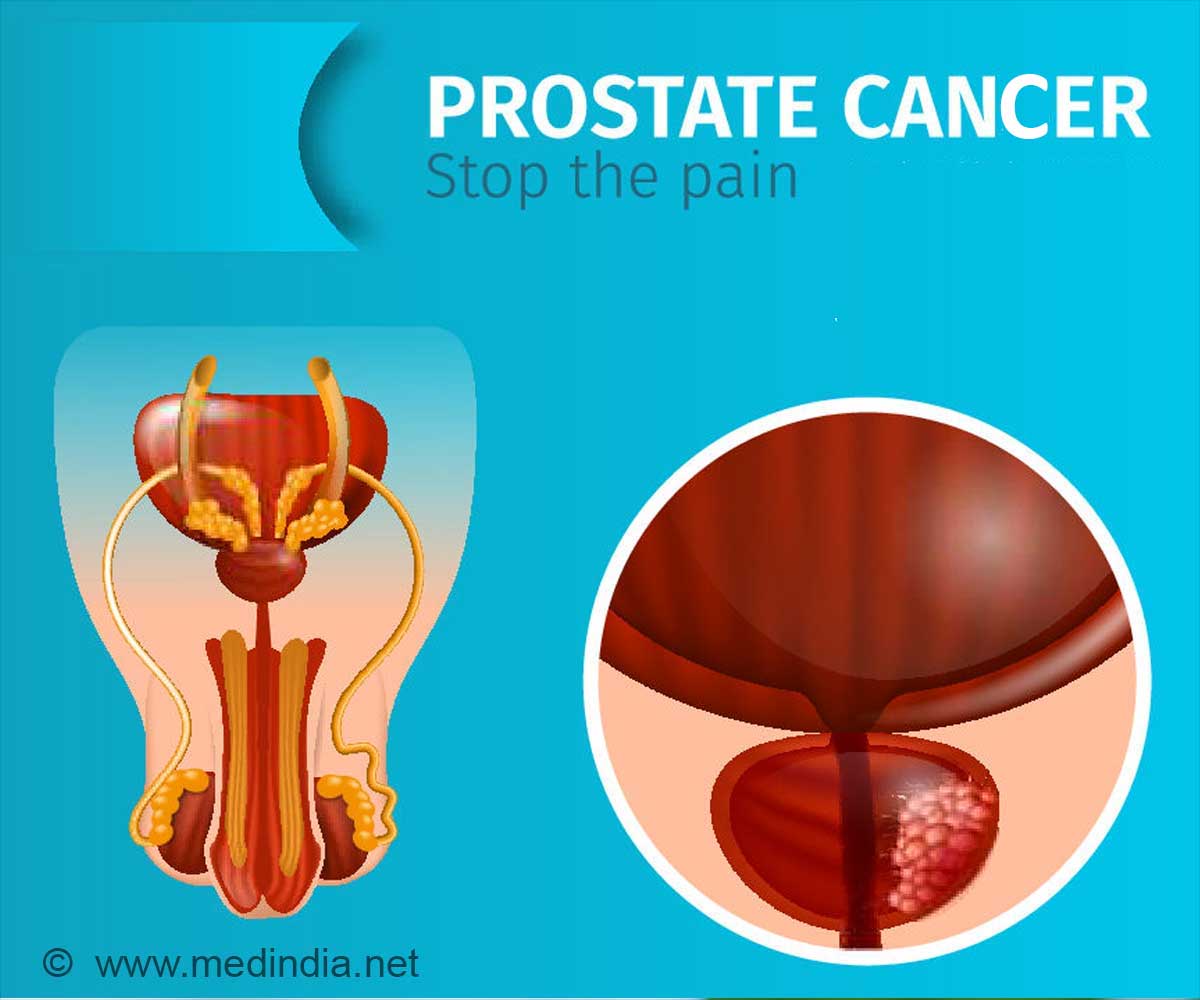New research suggests that African Americans experience longer treatment delays after being diagnosed with prostate cancer than Caucasians.

To see if there is a difference in the time from cancer diagnosis to initiation of treatment for African American men compared with Caucasian men with prostate cancer, Ronald Chen, MD, MPH, of the University of North Carolina at Chapel Hill, and his colleagues analyzed data from the Surveillance, Epidemiology and End Results (SEER)-Medicare registry, which links cancer diagnosis data to a master file of Medicare records. Their analysis included 2,506 African American and 21,454 Caucasian patients diagnosed with early (non-metastatic) prostate cancer from 2004 to 2007 and treated within 12 months of diagnosis.
On average, the time from prostate cancer diagnosis to initiation of treatment was seven days longer overall for African American patients compared with Caucasian patients. In the group of patients with aggressive, or high risk, prostate cancer, the average number of days from diagnosis to surgery or radiation treatment was 96 days for Caucasian patients, and 105 days for African American patients.
"This study contributes to a growing body of studies demonstrating the disparities in care and outcomes among African American and Caucasian prostate cancer patients in this country. African American patients are less likely than Caucasian patients to undergo prostate cancer screening, more likely to be diagnosed with advanced cancer, have longer delays from diagnosis to treatment, as demonstrated by this study, and are less likely to receive aggressive treatment," said Dr. Chen. "All of these factors together can contribute to an increased rate of dying from prostate cancer in African American compared to Caucasian prostate cancer patients."
Dr. Chen added that additional studies are needed to assess what personal or institutional factors may delay treatment for African American patients and to determine if any interventions can help eliminate this disparity.
 MEDINDIA
MEDINDIA



 Email
Email










